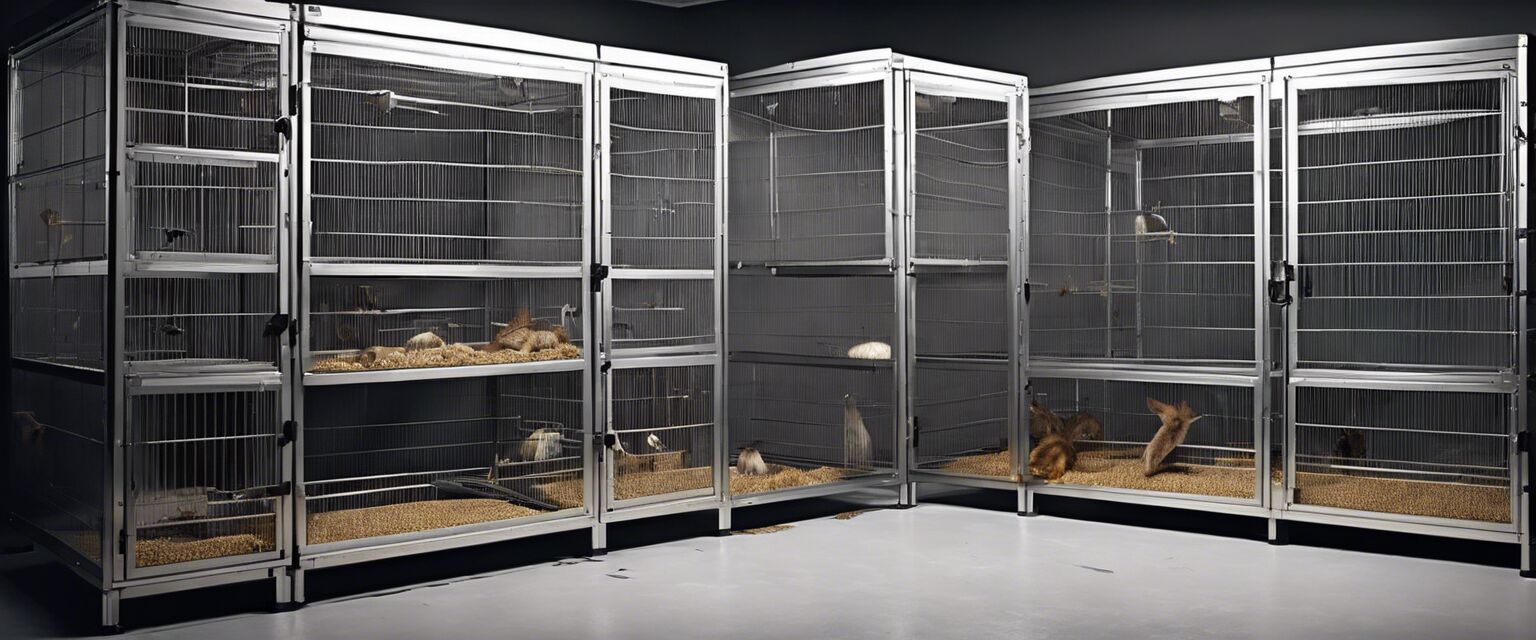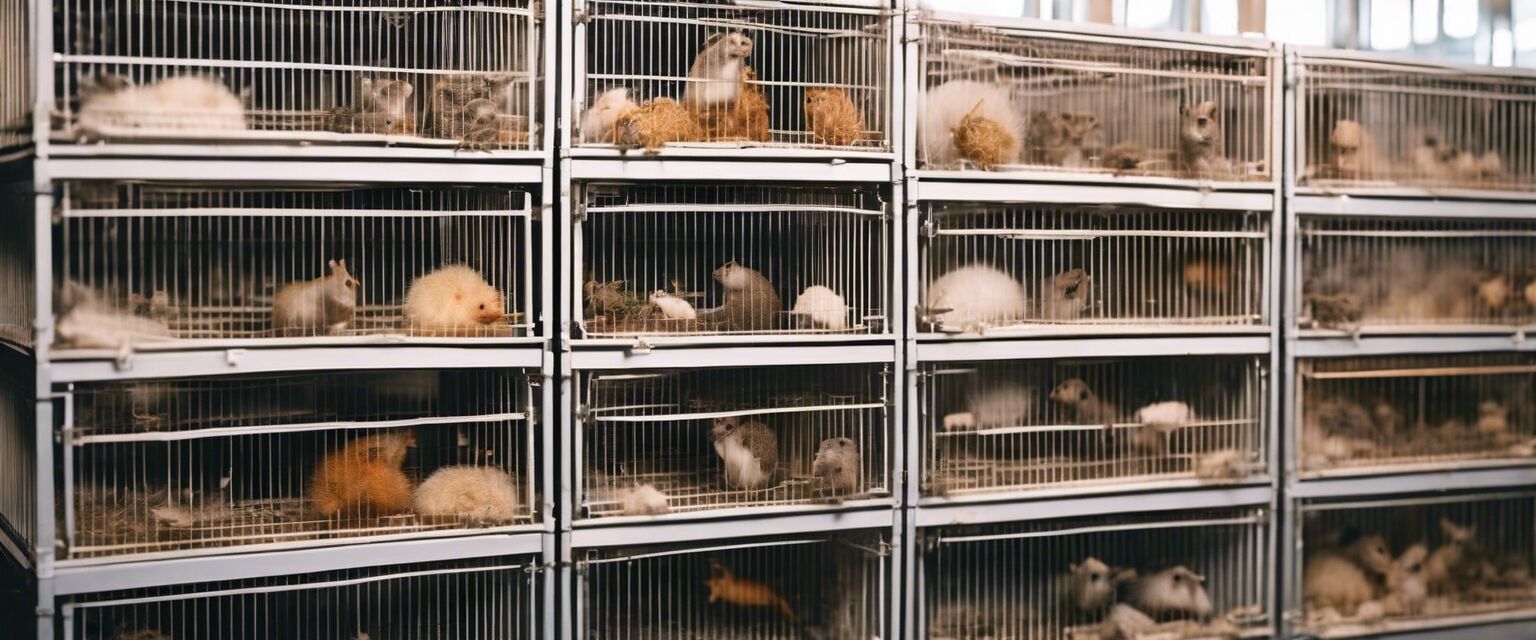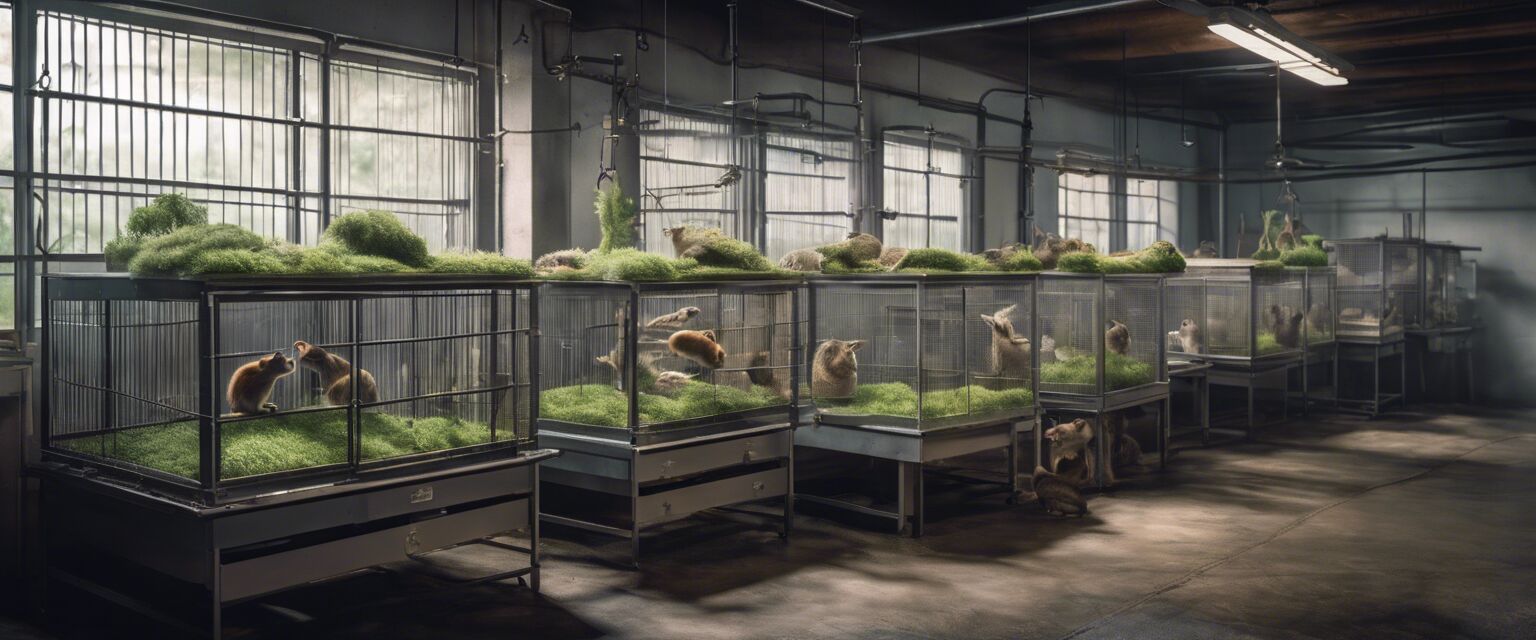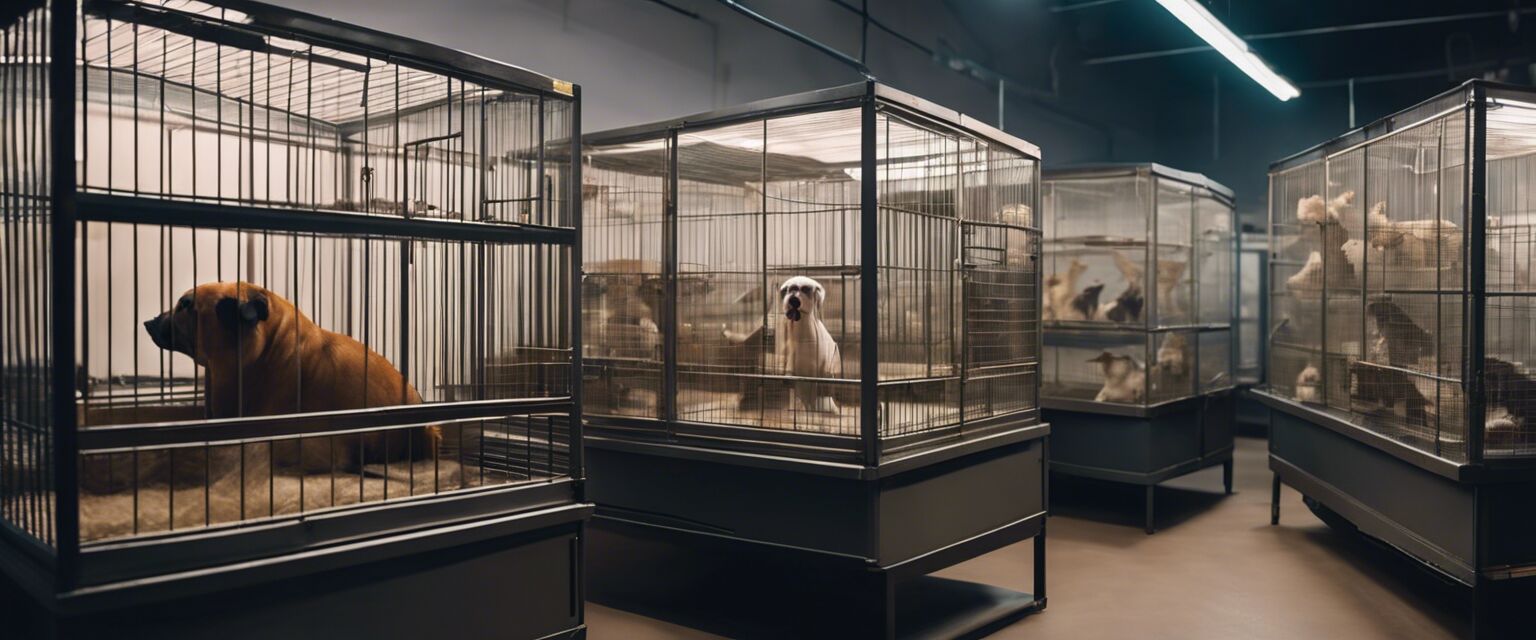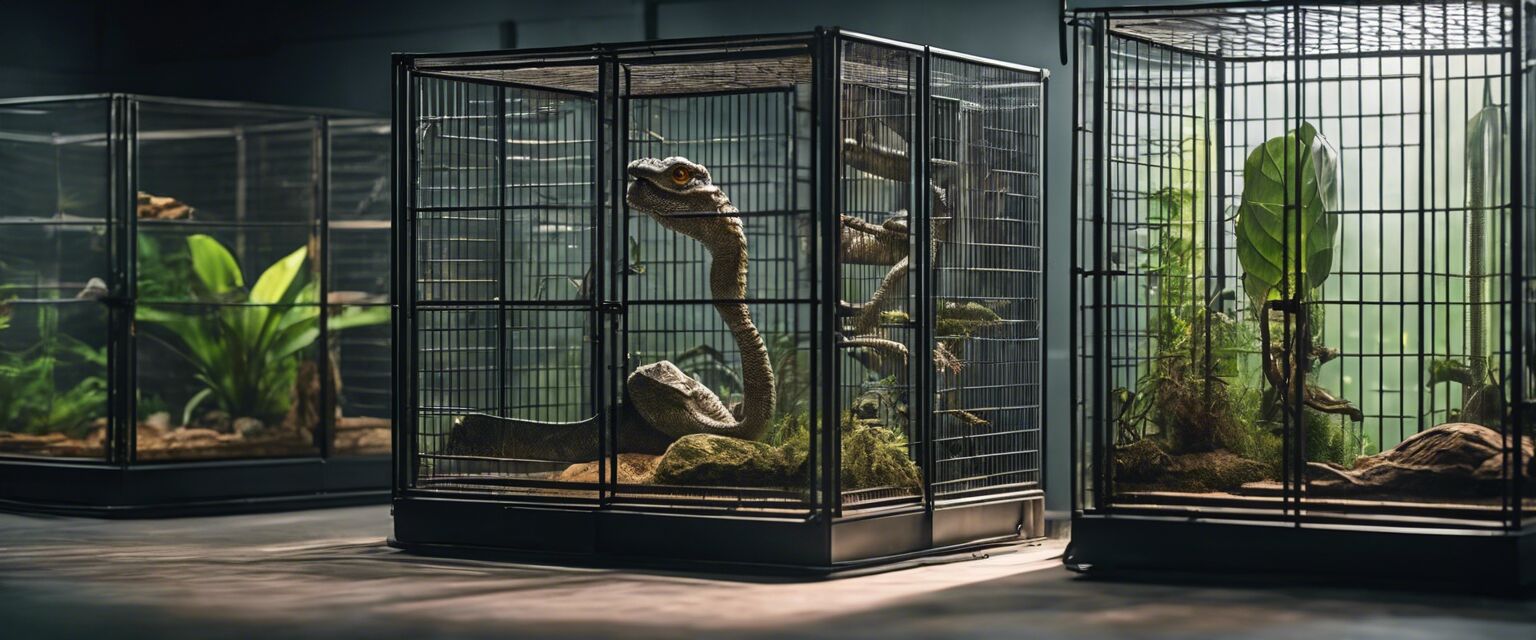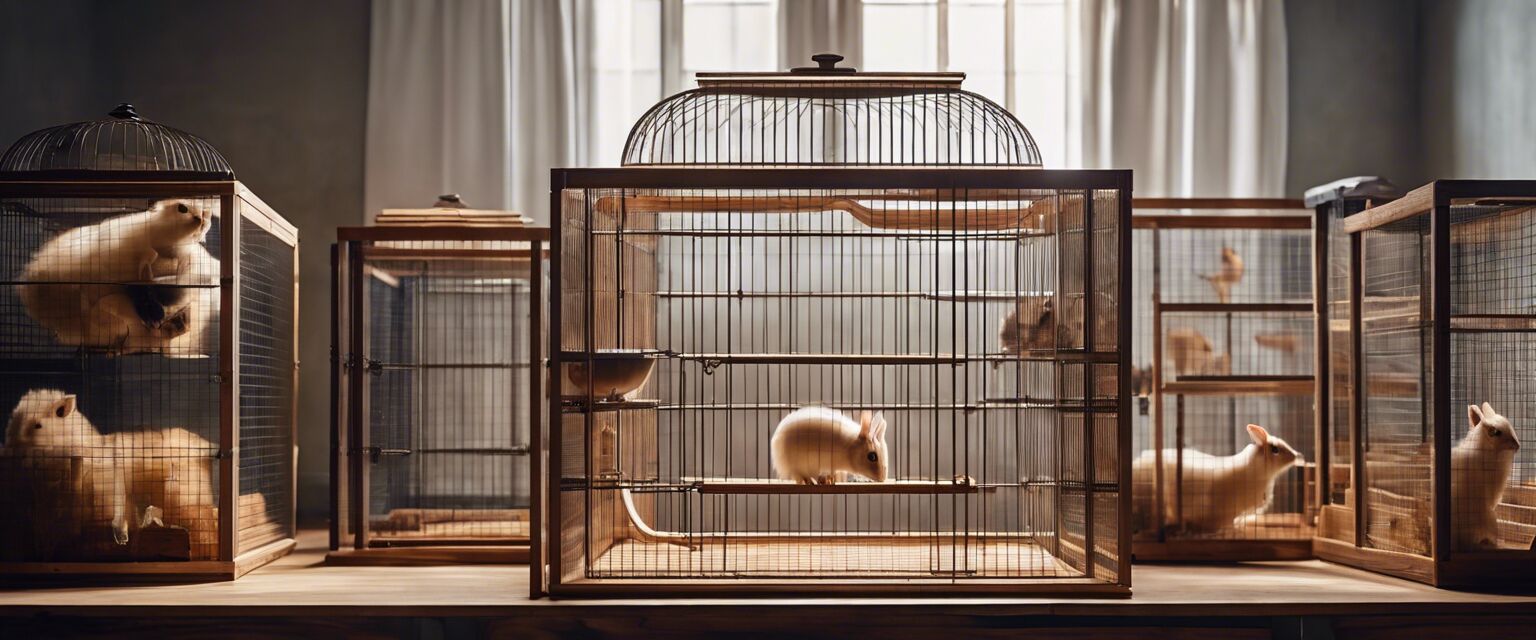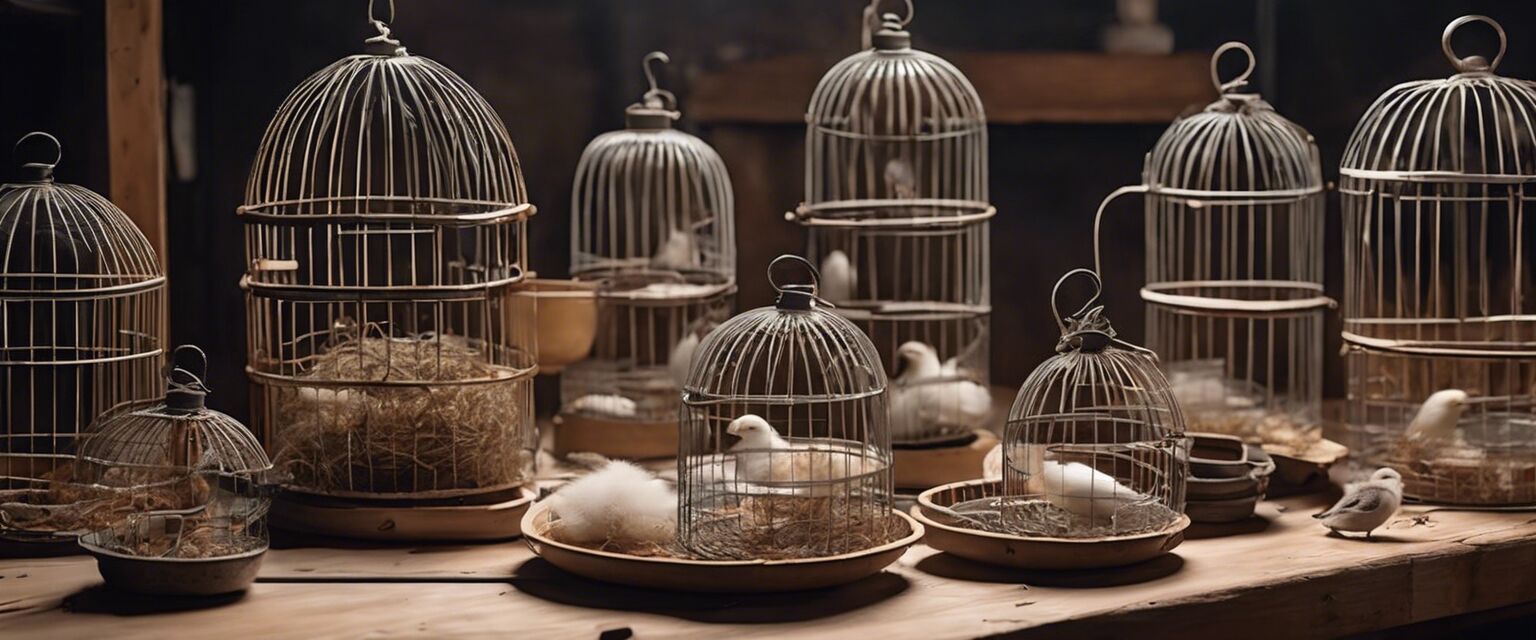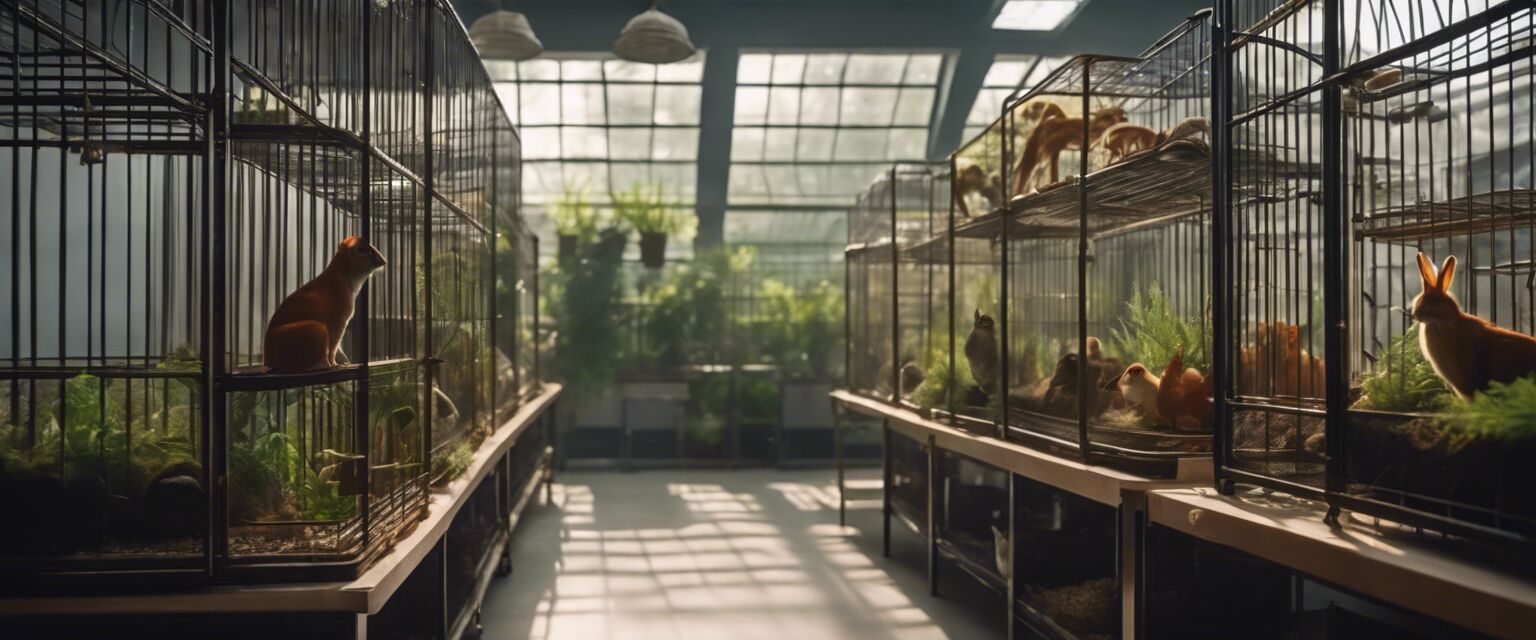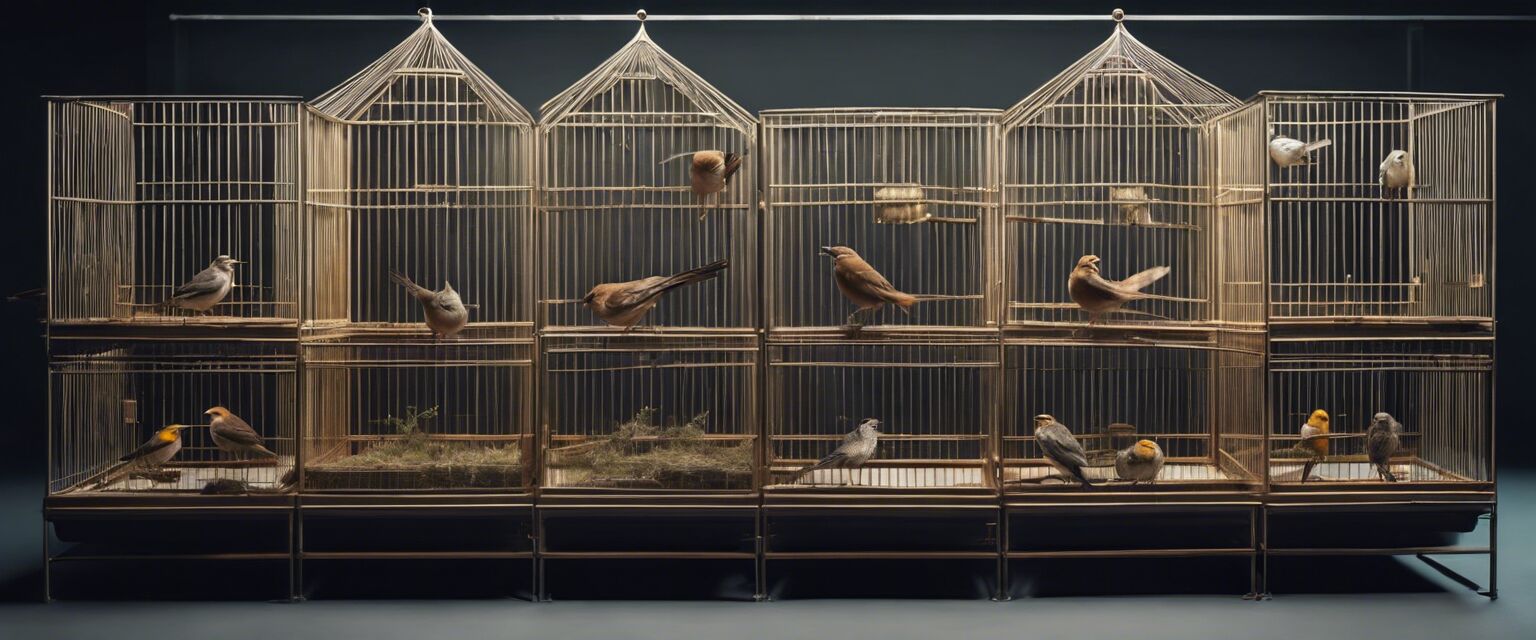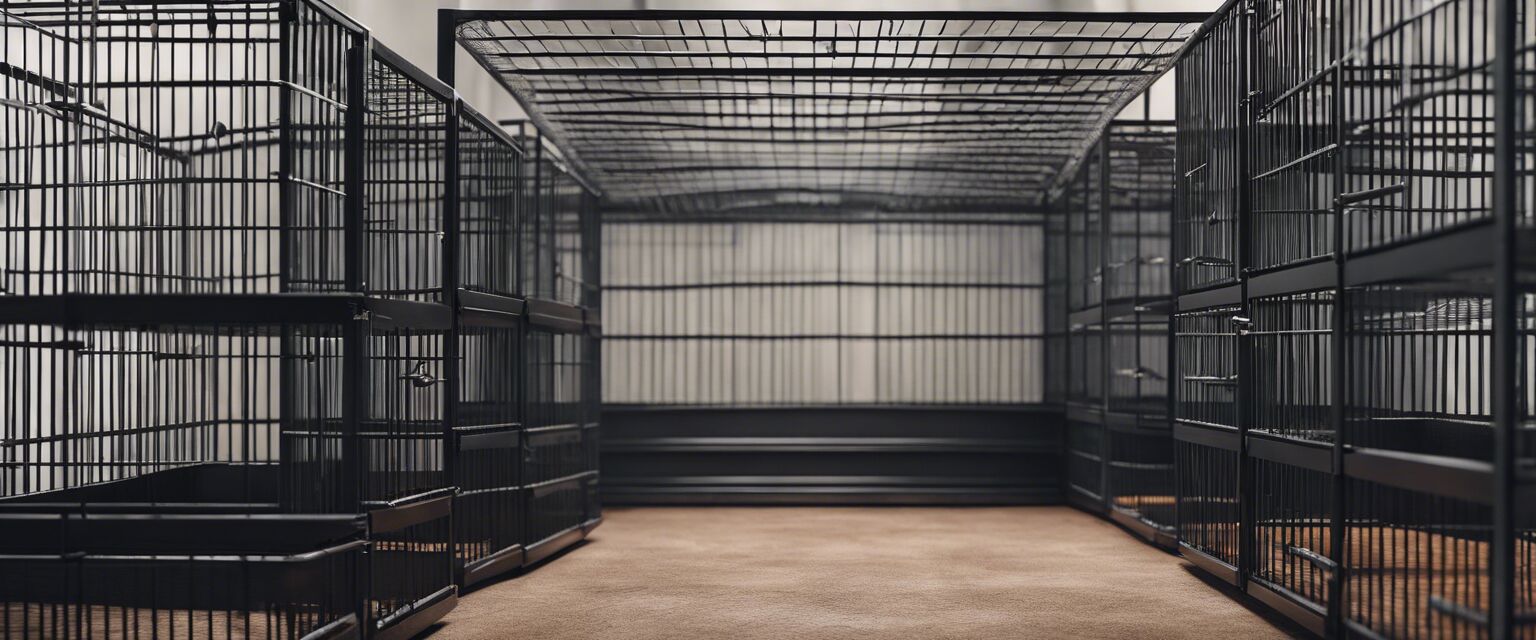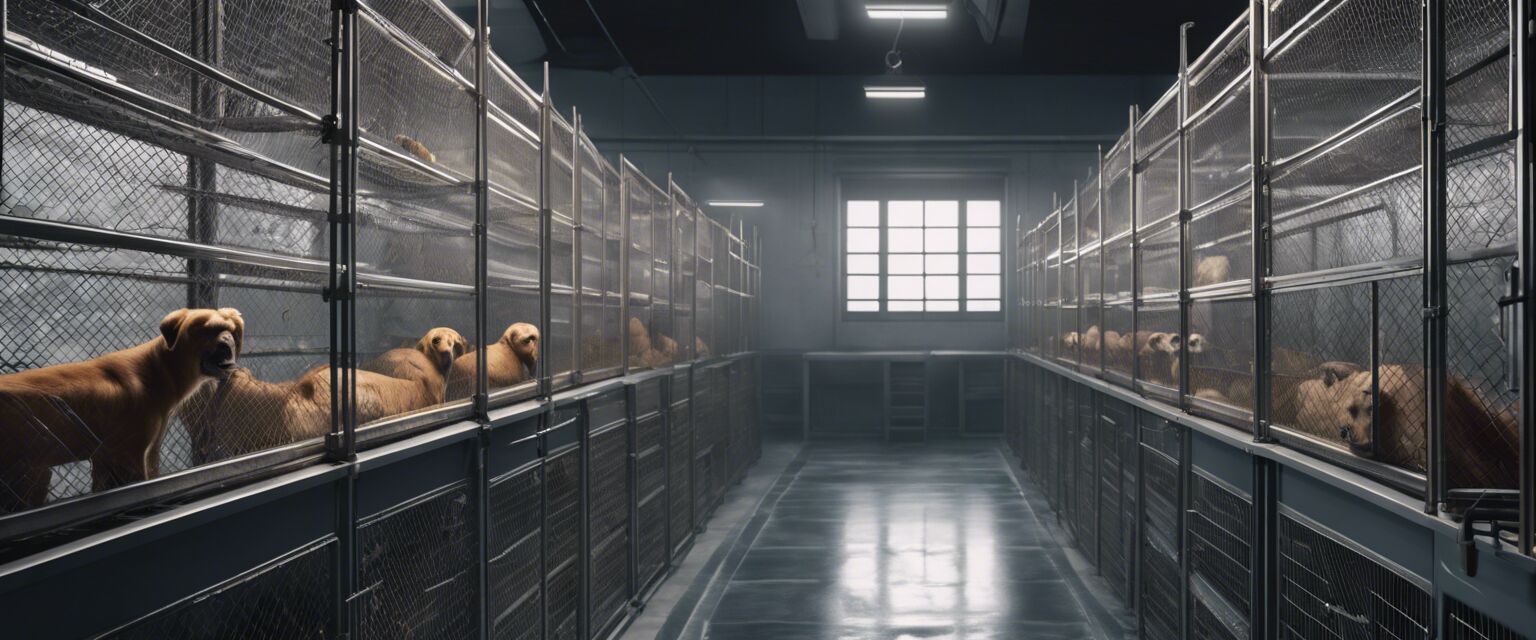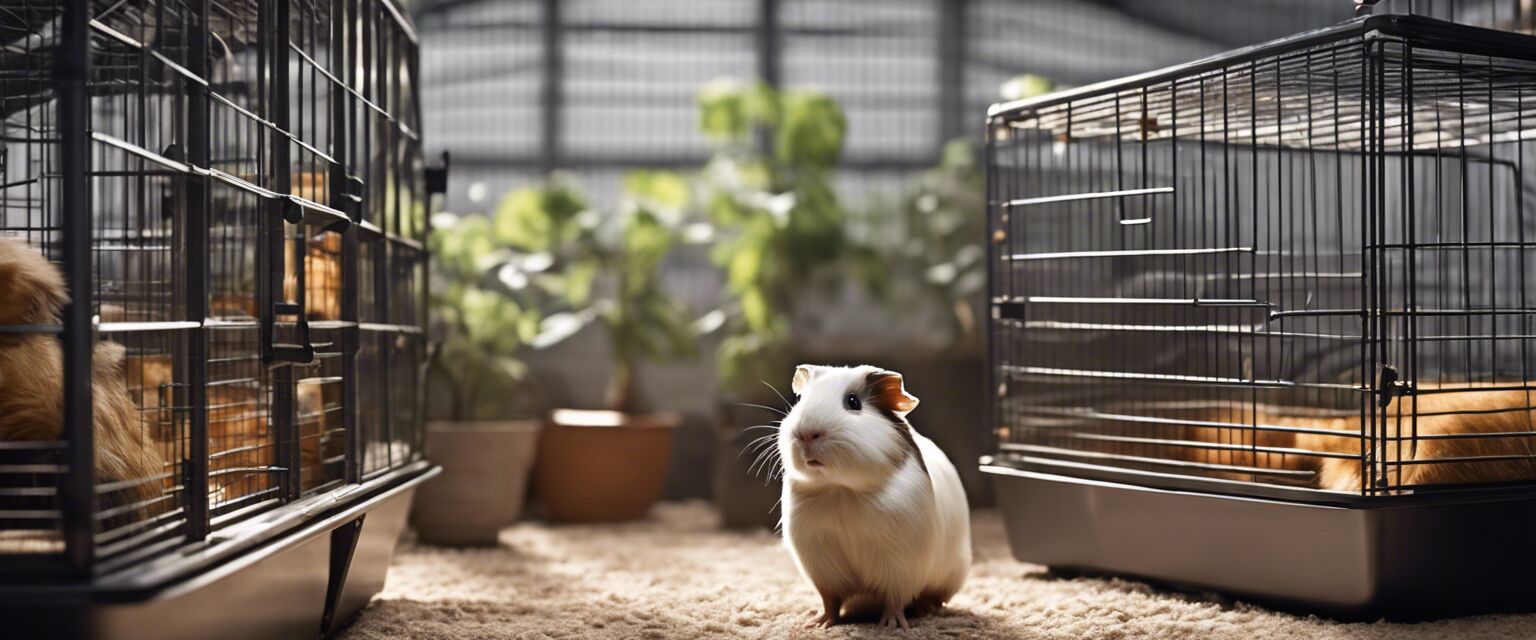
Breeding Cages for Small Mammals
Key Takeaways
- Choosing the right breeding cage is crucial for the health and happiness of small mammals.
- Factors to consider include size, ventilation, and ease of cleaning.
- Different small mammals have different space and environment needs.
- Regular monitoring of breeding conditions can improve breeding success.
When it comes to breeding small mammals, selecting the right cage can make all the difference. A suitable breeding cage not only ensures that these animals are comfortable but also promotes successful breeding. In this article, we will delve into the various types of breeding cages available for small mammals, their features, and what to consider when choosing one.
Types of breeding cages for small mammals
There are several types of breeding cages available, each designed to cater to specific needs of small mammals. Hereâs a breakdown:
| Type of Cage | Best For | Features |
|---|---|---|
| Wire Cages | Rabbits, Guinea Pigs | Good ventilation, easy to clean |
| Plastic Cages | Hamsters, Mice | Lightweight, escape-proof |
| Glass Aquariums | Rats, Gerbils | Visibility, humidity control |
| Multi-level Cages | Ferrets, Chinchillas | Space-efficient, encourages climbing |
Factors to consider when choosing a breeding cage
Choosing the right breeding cage involves several considerations. Here are some key factors:
- Size: Ensure the cage is spacious enough for the breed and number of animals.
- Ventilation: Proper airflow is essential for the health of small mammals.
- Material: Consider easy-to-clean materials to maintain hygiene.
- Accessibility: Look for cages that allow easy access for feeding and cleaning.
- Security: Ensure the cage is escape-proof to keep your pets safe.
Common small mammals and their habitat needs
Different small mammals have unique habitat requirements. Hereâs a look at some popular small mammals and their recommended cage setups:
| Mammal | Recommended Cage Size | Special Requirements |
|---|---|---|
| Guinea Pig | 7.5 sq ft | Multi-level setup for exercise |
| Hamster | 2 sq ft | Tunnels and exercise wheels |
| Rats | 2 sq ft | Climbing space and enrichment |
| Rabbit | 8 sq ft | Room to hop and explore |
| Chinchilla | 4 sq ft | Dust bath area and climbing shelves |
Advantages of using specialized breeding cages
Using specialized breeding cages offers numerous benefits:
Pros
- Better breeding conditions lead to healthier offspring.
- Improved hygiene reduces the risk of diseases.
- Enhanced comfort for the breeding animals.
- Customizable settings to fit specific needs.
Cons
- Initial cost can be higher for specialized cages.
- Some cages may require additional accessories.
- Size may limit the number of animals you can breed.
Maintenance tips for breeding cages
Maintaining a clean and healthy environment is crucial. Here are some maintenance tips:
Beginner's Section: Maintenance Tips
- Clean the cage weekly to remove waste and uneaten food.
- Use safe cleaning products that won't harm your pets.
- Check for damages regularly to prevent escapes.
- Provide fresh water and food daily.
- Monitor the temperature and humidity levels in the cage.
Conclusion
Choosing the right breeding cage for small mammals is essential for their wellbeing and successful breeding. By considering the type of cage, the specific needs of your pets, and maintaining a clean environment, you can create a comfortable habitat that promotes healthy breeding. For more information on specific types of breeding cages, visit our pages on Mammal Breeding Cages or explore other options like Bird Cages and Reptile Enclosures.
Further reading
If you're interested in learning more about breeding cages for different species, consider checking out:
